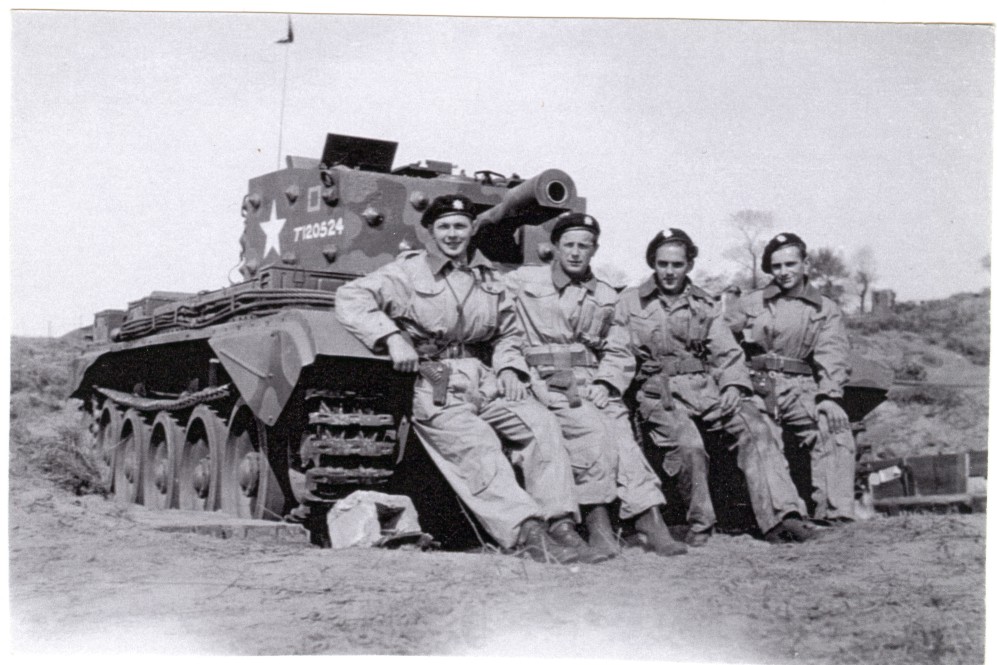What a waste of love at Liverpool dock

Download image
Jan Martínek was born on August 15, 1921 in Návsí u Jablůnkova. The area was passed to Poland as a result of the Munich dictatorship in 1938, and the inhabitants of the Czech nationality faced repression from the Poles. A year later, when Nazi Germany occupied the territory, Jan and his sister were sent to Germany for forced labor. He first worked on a farm north of Berlin and later closer to his home in Gleiwitz (now Gliwice in Poland). The witness’s parents signed the so-called Deutsche Volkliste charter and thus became imperial citizens. Jan Martínek received a call-up order to join the Wehrmacht. He was identified as a truck driver due to a heart defect. He first cleared the consequences of the Hamburg bombing and was later sent to central France, where he decided to run away in the summer of 1944 during a battle with the Allies. After captivity and interrogation in Naples, he traveled by ship to Great Britain. He completed training with the tank battalion and personally experienced the meeting of Edvard Beneš and Jan Masaryk with soldiers. At the end of the war, he intervened in the siege of Dunkirk. After returning to Czechoslovakia, he left the army on December 23, 1945.
